Filter by
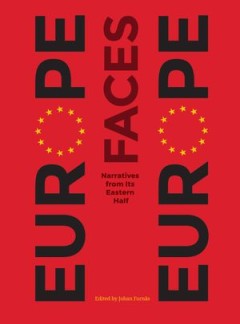
Europe Faces Europe Narratives from Its Eastern Half
Europe Faces Europe examines Eastern European perspectives on European identity. The contributors to this volume map narratives of Europe rooted in Eastern Europe, examining their relationship to philosophy, journalism, social movements, literary texts, visual art, and popular music. Moving the debate and research on European identity beyond the geographical power center, the essays explore how…
- Edition
- -
- ISBN/ISSN
- 9781783207510
- Collation
- -
- Series Title
- -
- Call Number
- -
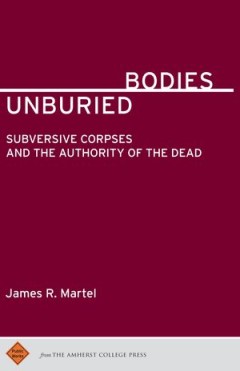
Bodies Unburied Subversive Corpses and the Authority of the Dead
The human body is the locus of meaning, personhood, and our sense of the possibility of sanctity. The desecration of the human corpse is a matter of universal revulsion, taboo in virtually all human cultures. Not least for this reason, the unburied corpse quickly becomes a focal point of political salience, on the one hand seeming to express the contempt of state power toward the basic claims …
- Edition
- -
- ISBN/ISSN
- 9781943208111
- Collation
- -
- Series Title
- -
- Call Number
- -
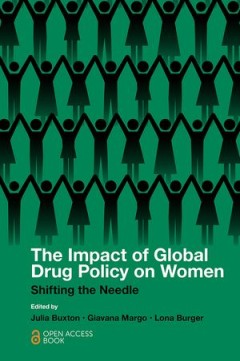
The Impact of Global Drug Policy on Women Shifting the Needle
The international strategy of criminalising the cultivation, manufacture, distribution and use of certain psychoactive substances has failed to achieve a ‘drug free world’. Examining the impact of drug criminalisation and enforcement on a previously overlooked demographic, this edited collection argues that women are negatively and disproportionately affected by this flawed policy approach.
- Edition
- -
- ISBN/ISSN
- 9781839828843
- Collation
- -
- Series Title
- -
- Call Number
- -
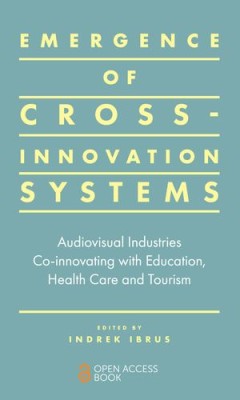
Emergence of Cross-innovation Systems Audiovisual Industries Co-innovating w…
This book combines economic studies of innovation systems with studies of mediatisation, media convergence, trans- and cross-media and with other approaches within media and culture studies. It elaborates on a new concept, cross-innovation, referring to co-innovation and convergence processes taking place between different sectors of digital service economies. The proposition is that digitisati…
- Edition
- -
- ISBN/ISSN
- 9781787699779
- Collation
- -
- Series Title
- -
- Call Number
- -
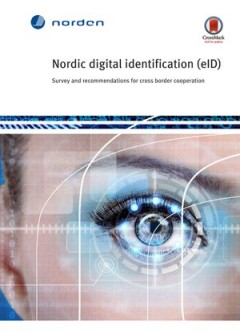
Nordic digital identification (eID)
This book combines economic studies of innovation systems with studies of mediatisation, media convergence, trans- and cross-media and with other approaches within media and culture studies. It elaborates on a new concept, cross-innovation, referring to co-innovation and convergence processes taking place between different sectors of digital service economies. The proposition is that digitisati…
- Edition
- -
- ISBN/ISSN
- 9789289344708
- Collation
- -
- Series Title
- -
- Call Number
- -
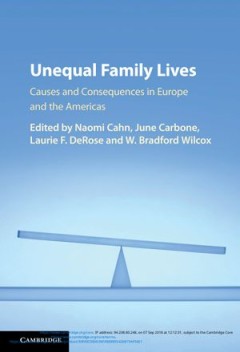
Unequal Family Lives
Across the Americas and Europe, the family has changed and marriage is in retreat. To answer the question of what's driving these changes and how they impact social and economic inequality, progressives have typically focused on the economic causes of changing family structures, whereas conservatives tend to stress cultural and policy roots. In this illuminating book, an international group of …
- Edition
- -
- ISBN/ISSN
- 9781108235525
- Collation
- -
- Series Title
- -
- Call Number
- -
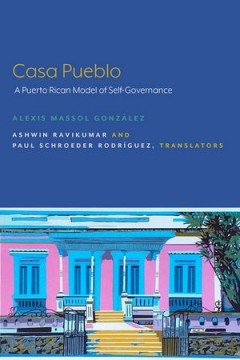
Casa Pueblo A Puerto Rican Model of Self-Governance
- Edition
- -
- ISBN/ISSN
- 9781643150291
- Collation
- -
- Series Title
- -
- Call Number
- -
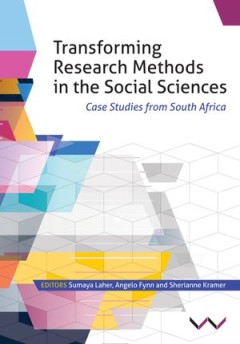
Transforming Research Methods in the Social Sciences
Social science researchers in the global South, and in South Africa particularly, utilise research methods in innovative ways in order to respond to contexts characterised by diversity, racial and political tensions, socioeconomic disparities and gender inequalities. These methods often remain undocumented – a gap that this book starts to address. Written by experts from various methodologica…
- Edition
- -
- ISBN/ISSN
- 9781776142767
- Collation
- -
- Series Title
- -
- Call Number
- -
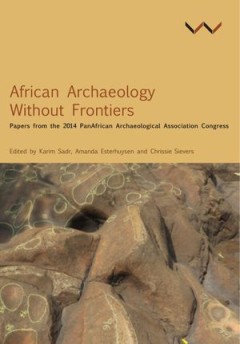
African Archaeology Without Frontiers Papers From The 2014 Panafrican Archae…
Confronting national, linguistic and disciplinary boundaries, contributors to African Archaeology Without Frontiers argue against artificial limits and divisions created through the study of ‘ages’ that in reality overlap and cannot and should not be understood in isolation. Papers are drawn from the proceedings of the landmark 14th PanAfrican Archaeological Association Congress, held in Jo…
- Edition
- -
- ISBN/ISSN
- 9781776140343
- Collation
- -
- Series Title
- -
- Call Number
- -
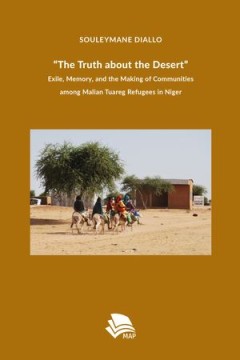
The Truth about the Desert” Exile, Memory, and the Making of Communities a…
The Truth about the Desert explores the living conditions under which Tuareg refugees from northern Mali rebuild their lives in the Nigerien diaspora and how these conditions affect their self-understandings and cultural practices, established status hierarchies, and religious identity formation. The book counterbalances an earlier scholarly preoccupation with Tuareg nobility by zoning in on tw…
- Edition
- -
- ISBN/ISSN
- 9783946198321
- Collation
- -
- Series Title
- -
- Call Number
- -
 Computer Science, Information & General Works
Computer Science, Information & General Works  Philosophy & Psychology
Philosophy & Psychology  Religion
Religion  Social Sciences
Social Sciences  Language
Language  Pure Science
Pure Science  Applied Sciences
Applied Sciences  Art & Recreation
Art & Recreation  Literature
Literature  History & Geography
History & Geography